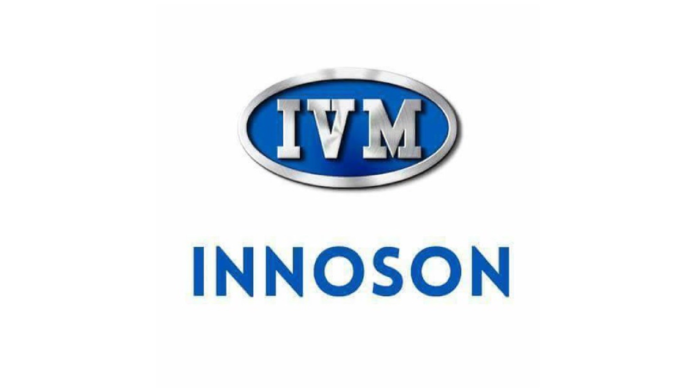Innoson Vehicle Manufacturing Company (IVM) has launched its first locally produced electric vehicle, signaling a significant step forward in Nigeria’s push towards sustainable transportation.
The unveiling took place at the company’s production plant in Nnewi, Anambra State, and was announced in a statement by the company’s Head of Communications and Corporate Affairs, Cornel Osigwe, on Facebook.
He said, “I just test drove the first Innoson vehicle Electric vehicle produced in Nnewi. We are just starting.”
Mr Osigwe revealed that this marks the company’s first-ever production of an electric vehicle (EV). However, details regarding the pricing of the Innoson EV, number of units produced and the timeline for its commercial release were not disclosed.
The introduction of Innoson’s electric vehicle is a major milestone for Nigeria’s automotive industry, which has traditionally been dominated by imported vehicles.
Innoson, the country’s first indigenous car manufacturer, has been at the forefront of promoting locally-made cars and is now expanding into the electric vehicle market in response to global trends and growing environmental concerns.
Nigeria’s automotive market is gradually warming up to electric vehicles, despite challenges like inadequate infrastructure, high initial costs and limited public awareness.
The country’s reliance on fossil fuels and its associated environmental impact have prompted calls for cleaner energy alternatives, making the arrival of locally produced EVs a timely development.
The Nigerian government has been advocating for increased local production in various sectors, including the automotive industry, to reduce the country’s import dependency and boost economic growth.
Recently, there have been efforts to promote electric vehicles as part of the broader initiative to combat climate change, reduce emissions, and diversify the energy sector away from oil dependence.
Innoson’s entry into the EV market could encourage other manufacturers to explore sustainable vehicle production in Nigeria.
The government has also expressed interest in creating policies and incentives to support the adoption of electric vehicles, such as reduced import duties on EV components and potential subsidies for local manufacturers.



